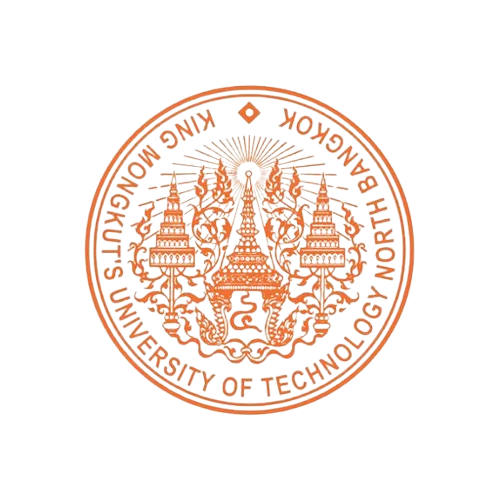📖Program Curriculum
Project details
A PhD studentship is available within the Particle Microfluidics Group at the Department of Chemical Engineering of Loughborough University to develop novel microfluidic technologies for the synthesis of functional nanoparticles for diagnostic applications.
A wide range of nanoparticles with bespoken chemical and physical functionalities - such as gold and polymer nanoparticles, quantum dots, and magnetic nanoparticles – has been developed and applied for in vitro diagnostic applications, especially in point-of-need bioanalytical testing systems – such as COVID-19 lateral flow tests and paper-based analytical devices. Nanoparticles can be conjugated with moieties (e.g. antibodies, aptamers) for the detection of disease biomarkers or can be manipulated and accumulated for improving signal detection and device sensitivities.
To date, the use of nanoparticles is hampered by the limitations associated with the existing methods for their production. Traditional bulk and batch processes result in heterogeneous particle populations in terms of size and chemical composition. Conversely, microfluidic methods for continuous and intensified production of nanoparticles can offer superior control over the physical and chemical properties of the particles, leading to a monodisperse particle population, high throughput, and homogeneous (bulk and surface) chemical compositions.
The objectives of this project are:
to develop innovative microfluidic technologies for the synthesis of functionalised monodisperse nanoparticles (especially gold and biodegradable polymer particles) using experimental investigations and numerical modelling
characterise nanoparticle properties and investigate their performance for the detection of disease biomarkers
use the produced nanoparticles in novel lateral flow test devices, developed by our research group, and investigate the enhanced performance of these diagnostic devices
The successful candidate will design, fabricate and operate microfluidic devices for the production of nanoparticles. He/she will use analytical and microscopy techniques (DLS, ELS, spectroscopy, confocal/fluorescence/electron microscopy) to investigate the nanoparticle properties. The student will collaborate with other research team members to develop and characterise novel lateral flow assays exploiting these functional nanoparticles, and develop/use theoretical and numerical (CFD) models to interpret the experimental observations.









